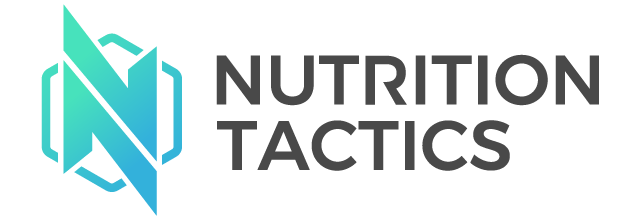What is the commonality between the justice system and statistics?
And why is this important to know for evidence-based nutrition and fitness?
In the justice system, you are considered innocent until proven guilty. This means that you don’t have to prove that you’re ”not guilty” of a crime. “Not guilty” is the default option. So unless convincing evidence shows that you are guilty of something, you will be considered not guilty.
However, just because a judge or jury finds you “not guilty”, this does not mean that you actually are not guilty.
It’s not hard to imagine that you can commit a crime and get away with it, because there’s no evidence. Clearly, the verdict “not guilty” does not necessarily prove that you are not guilty.
In order words: “the lack of evidence for being guilty is not proof of evidence of being guilty”.
Traditional statistics are kind of similar. The default option is that a statistical comparison (e.g. between the effect of two diets on fat loss) is considered “not significantly different”.
However, many people incorrectly interpreted a lack of evidence for a difference as proof of evidence of equality.
In order words: they believe that a study which observed no significant difference is proof that the two diets produce identical results.
When no significant difference is observed, a more accurate conclusion is that things remain unclear.
Maybe there is actually a difference, but the data of this study simply did not provide enough evidence. For example, if the study has a small number of subjects, it will have relatively little data set. It’s very difficult for a small data set to be be considered strong proof of something (it’s easy to wonder what would happen if you included more subjects). So a study with a small number of subjects often observes no significant difference between diets, even if in reality one diet is superior.
Maybe the diets do produce identical results. That’s possible, but you simply cannot conclude that based on standard statistics.
If you find the video interesting, please help us share it. If you want way more detail and practical examples, see our article:
No significant difference? Oh really? How to recognize weaknesses in muscle hypertrophy studies.

Dear Prof. Jorn Trommelen,
Allow me to introduce myself, my name is Aníbal Marinho and I’m a Portuguese Intensivist and also the President of APNEP (Portuguese Society of Parenteral and Enteral Nutrition).
APNEP is composed by a multidisciplinary team which is focused on promoting educational activities for healthcare professionals within a broad spectrum of topics regarding clinical nutrition and metabolism. XXIII Annual Congress of APNEP will be held virtually on 28th and 29th of May 2021, with the presence of more than 4000 delegates.
We are honoured to cordially invite you to present, at our next virtual congress, one topic sport and nutrition / supplementation or other theme that you prefer.The speakers sessions will be recorded during the first half of May at speakers’ best convenience.
The congress platform will provide the recorded sessions and it will not include debate sessions so there is no need to the speaker to be online/live during that time.We hope to welcome you enthusiastically in our virtual congress.
Sincerely yours,
Dr. Aníbal Marinho,
Intensivist, Director of ICU (Oporto Hospital Centre)President of APNEP (Portuguese PEN Society) & Member of ESPEN CouncilPresident of ASCI (ICU Society of Oporto Hospital Centre)ONCA Coordinator Portugal
Dear Dr Marinho,
Thank you for your invitation. I’ve been in contact with one of your colleagues (Mariana Santos) regarding the congress. I think I can take part.
Kind regards,
Jorn